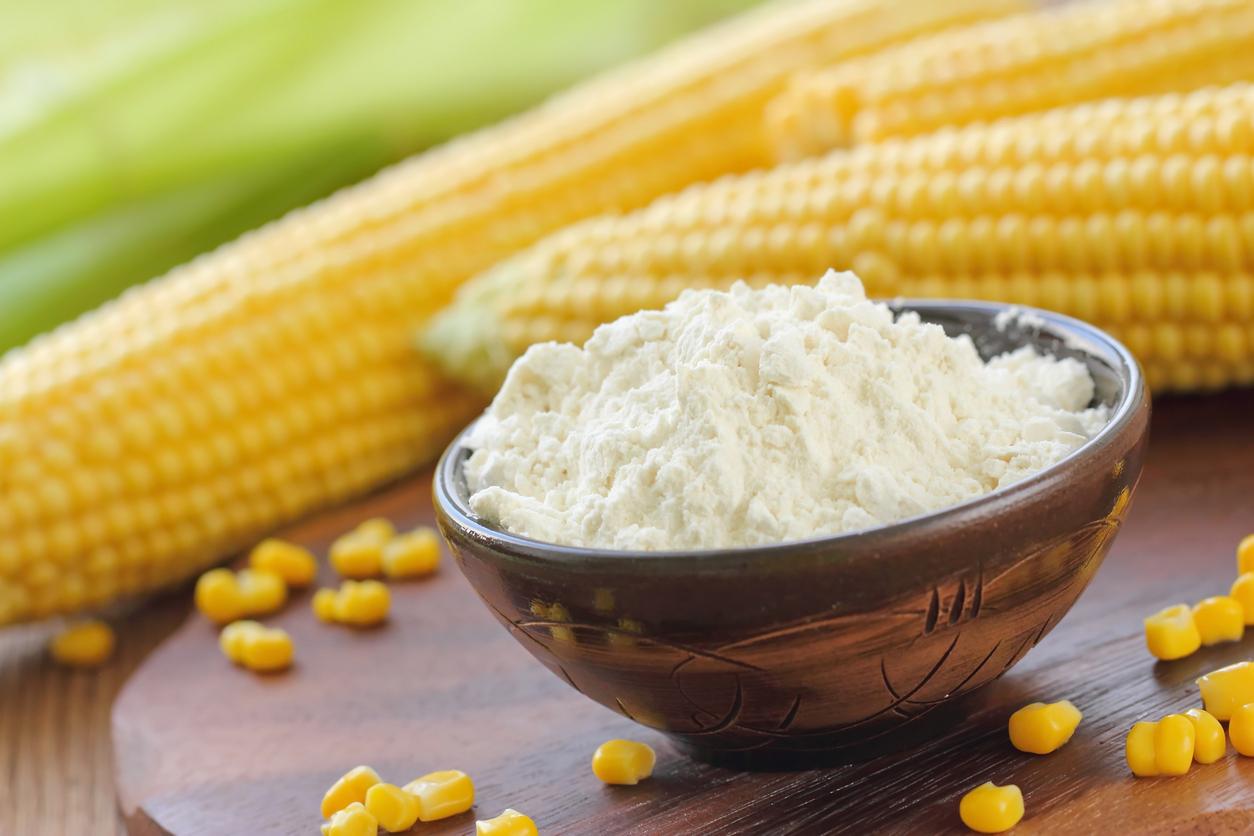Refined corn flour combined with corn bran could be a game-changer for the health of people with high blood cholesterol levels.

- Of the three types of corn flour (whole corn flour, refined corn flour, and a blend of refined corn flour and corn bran), only the blend reduced LDL cholesterol by 5 to 13.3 percent.
- However, no significant effects were observed on HDL cholesterol or triglyceride concentrations.
- The results also did not reveal any significant or consistent changes in gut microbiota diversity.
Research has shown that whole grain consumption is associated with reduced chronic disease and provides benefits for cardiovascular health and metabolic regulation. “The link between whole corn and the gut microbiota remains an area of growing interest, particularly regarding their influence on cardiometabolic health.”said researchers from Arizona State University (USA). That is why they decided to conduct a study to determine the effects of different corn flours on cardiometabolic outcomes and changes in the gut microbiota in patients with hypercholesterolemia.
Cholesterol: 5 to 13.3% drop after eating refined corn flour and corn bran
To carry out their work, published in the journal Journal of Nutritionthe team recruited 36 people, aged 18 to 67, from Phoenix. They had LDL cholesterol levels greater than 110 mg/dL. The participants, who were not taking cholesterol-lowering medications during the experiment, consumed 48 g/d of three types of corn flour for four weeks, with a minimum two-week washout period between interventions to return to baseline levels and more uniformly assess the impacts of each intervention. The foods consumed included baked goods made with whole corn flour, refined corn flour, and a blend of refined corn flour and corn bran. “We assessed the impact on cardiometabolic markers (LDL cholesterol, high-density lipoprotein cholesterol, HDL cholesterol, total cholesterol and triglycerides) and the composition of the intestinal microbiota,” can be read in the research.
According to the results, 70% of adults experienced a significant reduction in LDL cholesterol concentrations when consuming the blend. Specifically, consumption of refined corn flour and corn bran reduced levels by 5 to 13.3%. For the other corn flours, participants did not experience a decrease in their LDL or total cholesterol levels, nor an increase. There were no significant effects on HDL cholesterol or triglyceride concentrations.

Intestines: the increase in Agathobaculum would be “due to the greater diversity of polyphenols present in whole corn”
Another observation: no significant change was observed in the diversity of the intestinal microbiota, “which is consistent with the fact that volunteers reported no digestive discomfort or changes during the interventions.” According to the authors, two bacteria, the unclassified Lachnospiraceae and Agathobaculum, differed significantly depending on the flour. Although an increase was noted for Agathobaculum, a common bacteria in the gut microbiota, during the phase when people consumed whole corn flour, this change was not noted during the other two phases.
“The increase in Agathobaculum could be due to the greater diversity of polyphenols present in whole corn, which has the greatest antioxidant capacity (compared to wheat, oats and rice), but the study did not analyze this possibility. However, while the influence of whole grains on the microbiota varies from person to person, some universal principles are generally known: whole grain fiber can be fermented by microbes into butyrate, and both fiber and butyrate are frequently associated with a healthy gut. These results support this hypothesis,” said Corrie Whisnerauthor of the study.

















